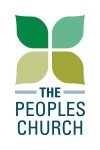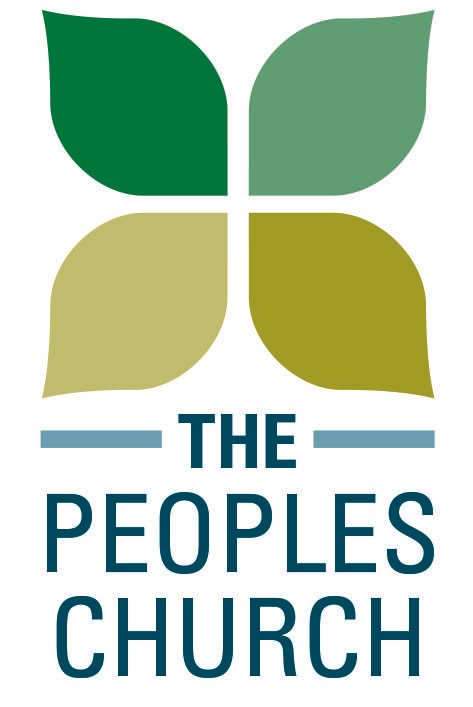
THE PEOPLES CHURCH
The Peoples Church is a multi-denominational congregation with recognition as a church in the following four denominations simultaneously: The Presbyterian Church (U.S.A.), The United Methodist Church, The United Church of Christ, and the American Baptist Church. The Peoples Church selects and calls clergy and staff with this ecumenical arrangement in mind by insisting on theological and denominational diversity. Each member of the congregation is considered a full member of each of the four denominations.
The Peoples Church is a fully multi-denominational, multi-generational congregation located just off the campus of Michigan State University, in close proximately to the Michigan State Capitol, and in the heart of the growing Lansing region. The Peoples Church is a welcoming, inclusive, service-oriented church focused on living out the good news of Jesus Christ through an ecumenical expression of hope.
Click here for a copy of our bylaws.
Click here for a copy of our annual report.
Click here to read about our church governance.
Click here for our church profile.

STATEMENT OF FAITH
We believe the teachings of Jesus Christ as Lord and Savior, and with the help of God we will strive daily to live the life of purity, unselfishness and service which He exemplified to the world.

HISTORY
Prior to 1907, there were no Protestant churches in East Lansing. Four Michigan State University professors (then known as Michigan Agricultural College), including the school’s president, decided to remedy the situation by establishing the Protestant congregation that is now known as The Peoples Church. The four professors believed the church should be interdenominational in character, embrace all Protestant faiths and be controlled by the membership. This aim led to designation of the church concept as "the great experiment.’” Within the first ten years, the congregation grew substantially to include people from more than two dozen recognized denominations.
Because The Peoples Church is simultaneously a member church of four denominations, the polity does not draw from one denominational model. On February 9, 1919, representatives from each of the four founding denominations came together to determine how best to meet the spiritual needs of the students and surrounding community of the Michigan Agricultural College through the growing congregation.
At that gathering, each denomination pledged $25,000 toward the current church building that would house The Peoples Church, provided the congregation met certain requirements from the parent denominations.
The Peoples Church was an adventure in ecuminism. Church leadership considered theological matters first. The Baptists said that if they were to have a part in this untried form of church organization, the theology must be plain and short. They also expressed the wish to include a larger baptismal font and that the word sacrament would be deleted from the original church constitution and replaced with ordinance. The Methodists thought the Methodist appointing system should be recognized in the calling of a pastor, which was opposed by several of the local committee members. The Presbyterians held that the church would do well to use the Presbyterian form of organization with ruling elders. The Congregationalists requested the freedom of the congregation to choose its ministers.
To this day, The Peoples Church strives to be ecumenical in all areas: worship, mission, polity, and education.





